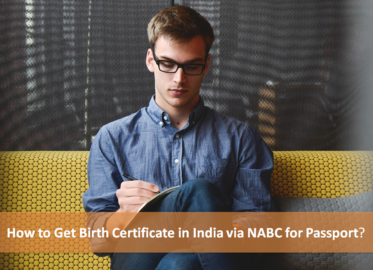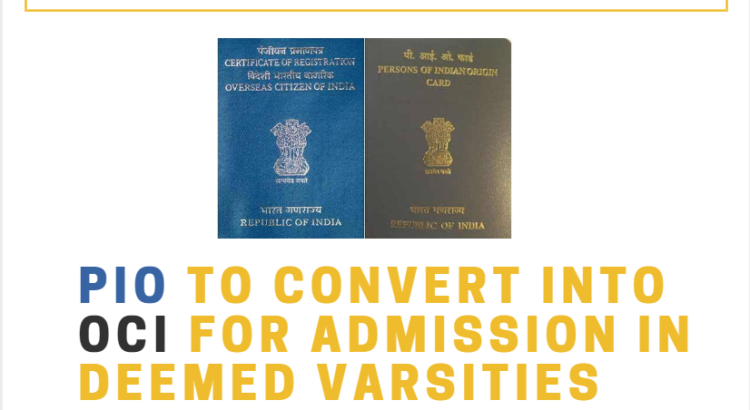It’s really interesting to know that around 30+ million Indians live abroad. Out of them, 17,835,407 expats are PIOs whereas 13,008,012 form non-residents’ diaspora, according to the Ministry of External Affairs.
Read MoreMonth: August 2017

10 Tips to Crack Green Card Marriage Interview for the US
Getting settled post marriage with the US spouse in America is a can of worms. A little mistake can create barriers in union with the better-half.
Read More
How to Get Birth Certificate in India via NABC for Passport?
The proof of birth is a key to get through official documentation like a walkover. Without it, getting passport or visa is a nightmare. Several of Indians encounter various legalities for seeking it. But ignorance and incomplete knowledge can be painful.
Read More










